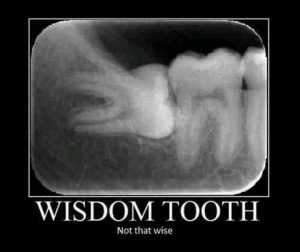
Thanksgiving has come and gone and Christmas is right around the corner – Are you stressed out? This time of year always seems more stressful, but stress in general is hard to avoid. We worry about school, work, finances, illness, children, relationships, and more. Some even worry about how much they worry. Not to add to your stress, but you should be aware that all that worrying could have a negative impact on not only your general health but also your oral health.
According to an article in the Journal of Periodontology, there is a strong relationship between stress and periodontal disease (gum disease). In addition to stress, other psychological factors, such as anxiety, depression,… (Read More)


 Sleep apnea affects an estimated 22 million people in the U.S. and can have serious consequences to their overall health. In fact, researchers have found a link between sleep apnea and many serious conditions like high blood pressure, depression, weight gain, and stroke. But even if you’re getting treatment for sleep apnea, you might not know that certain foods can aggravate it. With the holiday season upon us, keep reading to learn about which foods you can safely enjoy and which ones you should avoid!
Sleep apnea affects an estimated 22 million people in the U.S. and can have serious consequences to their overall health. In fact, researchers have found a link between sleep apnea and many serious conditions like high blood pressure, depression, weight gain, and stroke. But even if you’re getting treatment for sleep apnea, you might not know that certain foods can aggravate it. With the holiday season upon us, keep reading to learn about which foods you can safely enjoy and which ones you should avoid!
